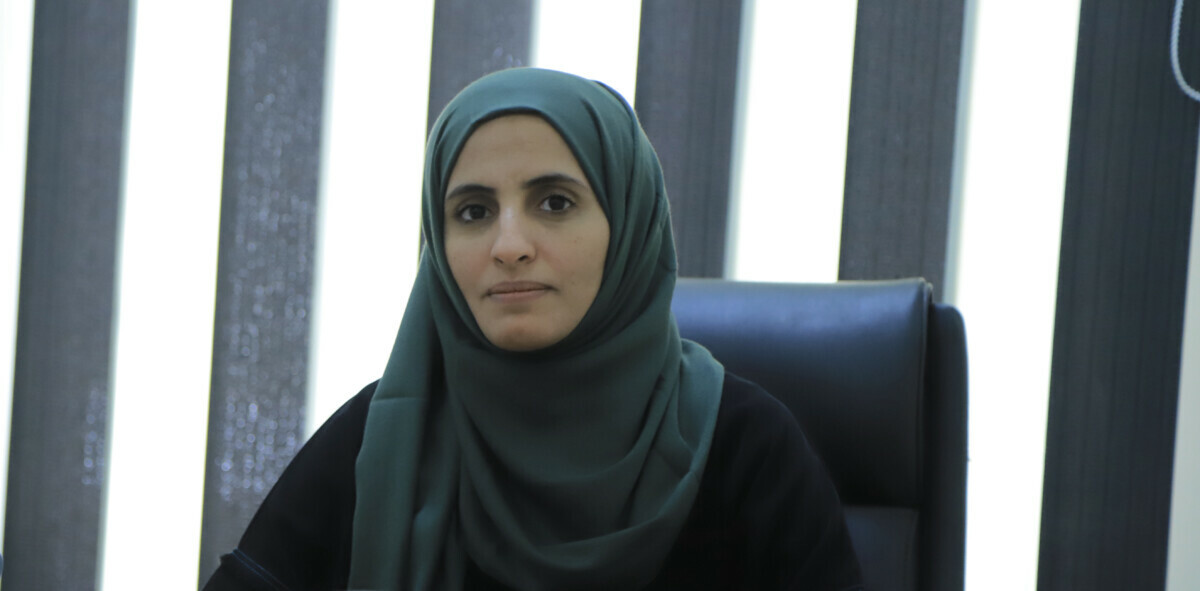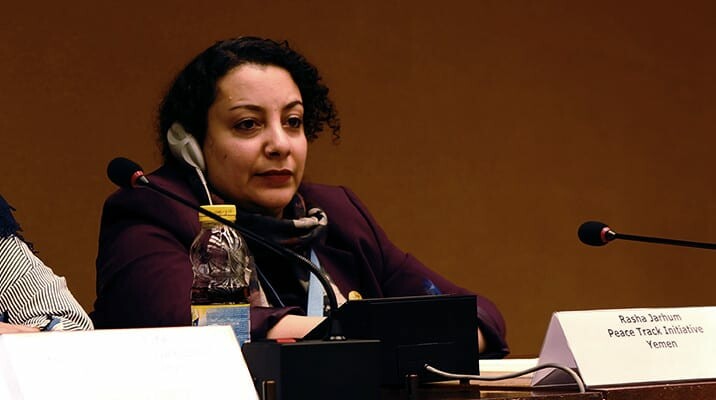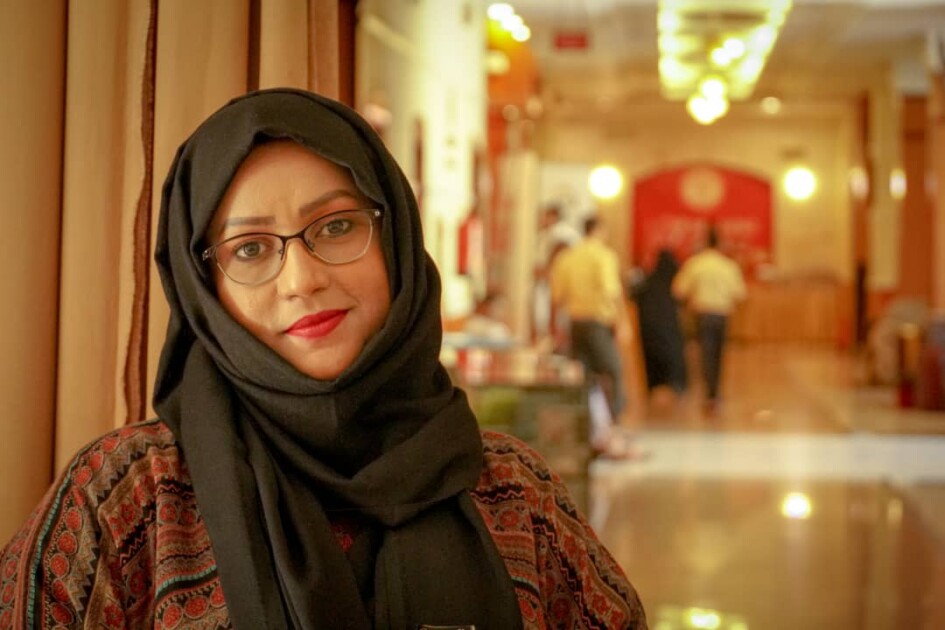Yemen
Yemen
Current and Past Recommendations to the UN Security Council (Monthly Action Points)
The Security Council’s discussions on the situation in Yemen have historically failed to reflect critical gender dimensions, despite multiple meetings of the Security Council IEG on WPS (S/2019/253, S/2021/264) and briefings by civil society (2017, 2018, 2019, 2020). The Council should consider the recommendations brought forward by the report of the Group of Eminent Experts (GEE) and by the Panel of Experts, adding a list of sanctioned individuals and calling on states, including some Council members and their allies, to cease arms transfers and other support to the conflict parties, and to comply with their obligations under international humanitarian law and the Arms Trade Treaty (ATT). Additionally, Council members are encouraged to consider adopting targeted sanctions in line with resolution 2564 (2021), specifically for violations targeting “politically active women.” Further, there should be enhanced reporting on GBV in the context of reporting on the implementation of sanctions. Ongoing violence, including the missile attack at the airport in Aden, recent escalation in Ma’rib, Hudaydah, Taiz and Aldhale’e Governorates, and restrictions imposed by authorities, humanitarian diversion, donors’ failure to meet aid obligations, and ongoing blockages of oil, food and other vital supplies, have undermined humanitarian actors’ ability to provide necessary assistance. A new surge of COVID-19 cases has appeared, which is spreading largely unchecked due to the existing fragile health system and limited testing, surveillance and reporting. Imposition of response measures without adequate provision of food assistance risks widespread starvation.
In its discussion, the Council should focus on supporting a sustainable and nationwide ceasefire, in line with resolution 2532 (2020), that would support viable conditions for protecting civilians, including women, and lead to a resumption of peace negotiations. The Council must address the recent violations against women by all parties to the conflict, including the Houthis ban on contraceptives, the recent alleged accusation of the Houthis preventing women from working in public spaces, and ad-hoc and arbitrary enforcement of requirements for national female staff within humanitarian organizations to travel with a mahram (a male family member). Finally, Council members should support the #NoWomenNoGovernment campaign and denounce the full exclusion of women from the new government formed last December 2020, which marks the first complete exclusion of women in the last two decades and is counter to the national dialogue outcomes. It is important for Council members to continue to emphasize the necessity of women’s full, equal and meaningful participation in peace and political processes, ensuring a minimum 30% quota of women in all processes as a matter of urgency. The international community must support Yemen’s National Action Plan (NAP) on WPS and ensure full funding for its implementation, including by supporting diverse women’s groups, while taking into consideration recommendations brought forward by civil society organizations to strengthen the NAP.
Relevant Resources







